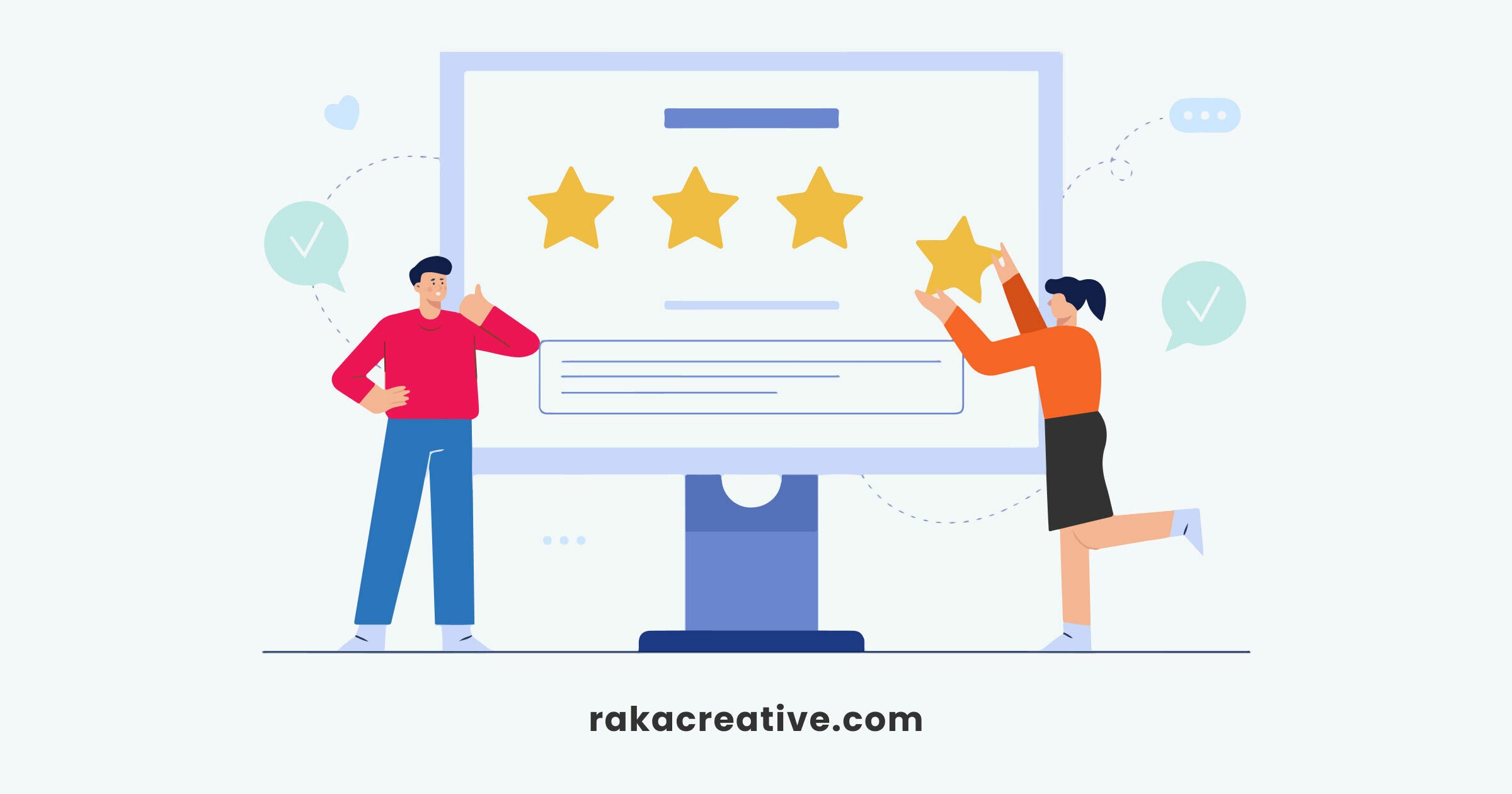You want to get your company’s website at the top of the search rankings. You develop a Search Engine Optimization (SEO) strategy, but it’s not moving the needle the way you’d like.
Things like picking the wrong keywords or writing boring content could be sabotaging your company’s SEO goals. An outdated website could be causing people to click over to a competitor. A blank meta description or a shortage of backlinks might be derailing your strategy. In this blog, we’ll share five questions you should ask yourself in order to avoid common SEO mistakes as well as show you how to fix them.
Table of contents
Is your content optimized for humans or machines?
It can be tempting to optimize your content for search engines, even if it makes your writing as dry as a tinderbox. But at the end of the day, your business is trying to reach humans, not computers. If a search engine brings users to your site, but they leave immediately because your content is dull or overly technical, you’ll never reach your SEO goals.
When optimizing content, Google Analytics is going to be your best friend. Google Analytics will give you a concrete view of how your content is working for you and where you need to make adjustments for humans (and, perhaps, machines). Engaging content paired with a solid strategy will have you climbing those rankings quickly.
Has your website seen better days?
Your website is often the first introduction that a customer has to your business, so this isn’t an area to skimp. If your website is outdated or disorganized, you could lose potential leads without realizing it.
It’s important to do site audits often to ensure that your web pages and links are working correctly. Beautiful graphics, easy-to-read content, and simple forms will drive people to your site and keep them there.
You might not have a ton of time to spend writing new web content each month, and that’s totally ok! It’s not cheating to dust off an old, well-performing blog post and spiff it up, provided the content is still relevant. Don’t be afraid to repurpose your best material when the situation fits. It’s all about working smarter, not harder.
There is nothing more frustrating than clicking on a page only to get hit with a 404 error. This happens when a business updates to a new website or moves things around without strategizing what it means for other pieces of their digital presence. 404 errors are easily fixed with a redirect to a new page, so get those set up as you optimize your site.
If you want to learn more about how your website excels and some areas you could improve, check out our free Website Grader Tool.
Are you doing your keyword research?
Keyword research can help you identify your target customers’ needs and make certain that your content answers their questions. Search engines use keywords to index web pages like a library uses themes to categorize books. You wouldn’t want to find a cookbook in the mystery section, so make sure your keywords are a good fit.
A great keyword research tool is Google Keyword Planner, which can help search for keywords and estimate their performance.
Are you leaving those meta descriptions blank?
Customizing meta descriptions on your website can be tedious. You might have the urge to leave your meta descriptions blank to save time, but it’s worth it to write up an award-worthy meta description.
Google often makes your meta descriptions the featured snippet when your web page appears as a search result. If you don’t have a description, Google pulls one at random; yikes! By leaving your meta description blank, you are missing out on a chance to win your customer over. Love at first meta description, anyone?
Do you have high-quality backlinks?
A backlink essentially connects two websites. When someone backlinks to your website, they’re validating your existence and enabling search engines to know you are an authority on the subject. Once Google sees enough backlinks to a page from well-trusted sources, it will raise the web page’s ranking.
Analytic tools like Semrush can help you find out what sites are currently backlinking to yours and which of your web pages might need a little help in the backlink department.
While SEO can seem a bit intimidating at first, a little goes a long way. Start by setting a few small goals and go from there. If you keep it up, your company will be at the top of the results page before you know it.






